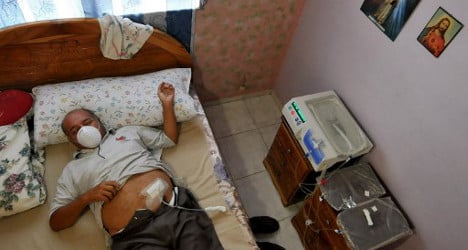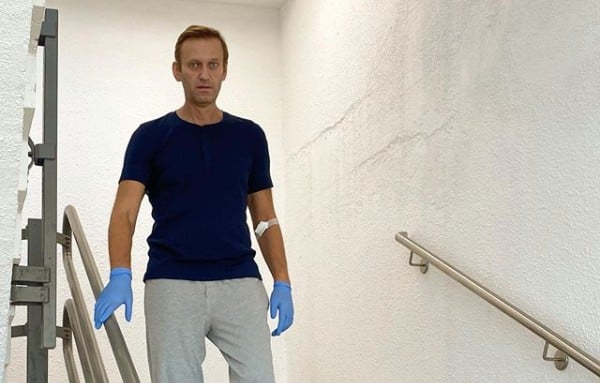At least 400 people were killed after Barcelona-based Rasfer imported 2,300 gallons (9,000 liters) of glycerin from China, and then sent it on to Panama where it was used to make sugar-free syrup expectorant for hypertension and diabetes, widely distributed in the public health system.
The syrup was contaminated with diethylene glycol, an industrial product not designed for human consumption.
"I want to ask your forgiveness in the name of the Panamanian state," Martinelli said at a ceremony where he officially delivered life-long benefits to survivors.
"Nothing that any of us can say could possibly make up for the loss of one human life," he stressed.
"Let us hope that this kind if incident, and mass homicide, never happens again," Martinelli said.
A victims' spokesman, Gabriel Pascual, said families still were seeking justice.
"We want justice in the legal system now," he said. "There are people who are still dying from this, and their future is not looking bright."
The conservative government estimate that about 400 have died so far and another 300 were poisoned.
But Pascual said the number of dead has been estimated at as high as 10,000 since 240,000 bottles of the syrup were distributed between 2004-2008.
The massive dimensions of the scandal rocked this small nation of just 3.6 million people. Fourteen people were indicted for a trial in 2011, but then prosecutors decided the number of people responsible was far greater.



 Please whitelist us to continue reading.
Please whitelist us to continue reading.
Member comments